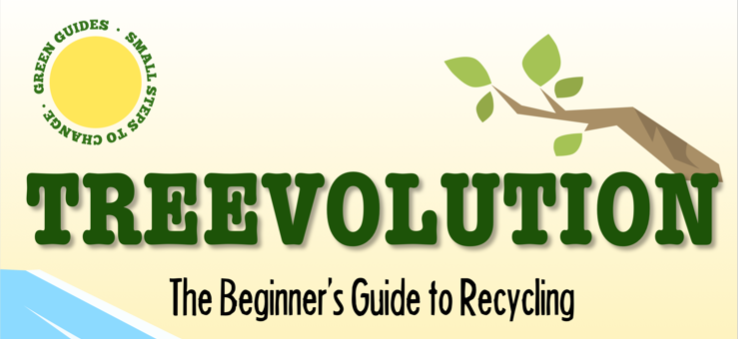Reefer makes sustainable footwear from cork and hemp. Photo: Reefer
Reefer Shoes: Stepping into a sustainable future
When Seb Matheson left his corporate job, he wanted to do things differently. He knew he liked sneakers and he knew he wanted to create something with a low environmental impact. In 2019, he established Reefer, a footwear company that uses sustainable materials such as cork and hemp as well as repurposed plastic.
Although still a small start-up of five employees, the Cape Town-based company has sold close to 5,000 pairs of shoes, and hopes to add 10,000 more in the next three years.
We spoke to Seb to find out more about his journey so far.

Tell us a bit about Reefer
I founded Reefer in April 2019. After working in a corporate job for a number of years, I wanted to establish a brand that had a strong focus on sustainability as I noticed that there wasn’t anyone doing anything super sustainable in South Africa around footwear.
Going to stores, I noticed that the footwear on offer used either leather, polyurethane, cotton or some synthetic materials, but I wanted to find a solution that had a better environmental impact.
After a lot of research, we started off using cork and later started developing products using hemp. These are both very sustainable textiles. We’ve also recently started using recycled PET, which is effectively repurposed waste.
What’s your vision?
I believe South Africa has the ability to produce products that can compete on a global stage. I chose an industry that I like – sneakers – and want to make a difference in this field. Hopefully, one day Reefer will be exporting products around the world as a proudly South African brand.
Why is a business like this important in South Africa?
Sustainability has been overlooked in this country, and it’s important to offer a solution that has better manufacturing and environmental aspects. The other cornerstone to Reefer is to produce everything locally. Being able to support our local communities is part of our sustainability ethos.
Why hemp and cork?
We use cork and hemp for the uppers of our shoes. Both are natural textiles and have incredible regeneration properties. Cork is harvested from trees, with no damage to them. The bark regrows and can be harvested again after nine years – in effect, a closed-loop cycle. During this process of regrowth, large amounts of carbon dioxide are absorbed from the atmosphere.
Hemp has a similar process and its manufacture uses far less water than other textiles. The cork comes from Portugal, which is home to about 55% of the world’s cork supply. We source our hemp from a local supplier, which, in turn, sources it from Lesotho.

What’s the one thing you want people to know?
I don’t think people really understand what goes into shoe making, particularly our shoes as there are a lot of moving parts. To produce one pair of shoes, over 165 people contribute to its production.
What’s Reefer’s most significant achievement so far?
We were selected as one of 10 winners of the 2022 Nedbank Ignite competition that looked at the social, environmental and local impact of more than 1,000 businesses. That was pretty cool.
Tell me about the team
We are still a small business and have five direct employees. We indirectly also help over 180 people with our manufacturing. As a small team, everyone wears many hats and it’s important we understand the various aspects of a small growing brand, from sales, manufacturing, finance and product development.
Where can people buy your products?
Online is the easiest place, just visit our website. Or at our store at 129 Bree Street, Cape Town. We also have a store at the Oranjezicht City Farmers Market in Granger Bay, which is open every weekend.
Any other products you admire?
Veja, Saye, Loci are just a few brands I look at, all based across Europe. They are all doing really cool things in footwear.

